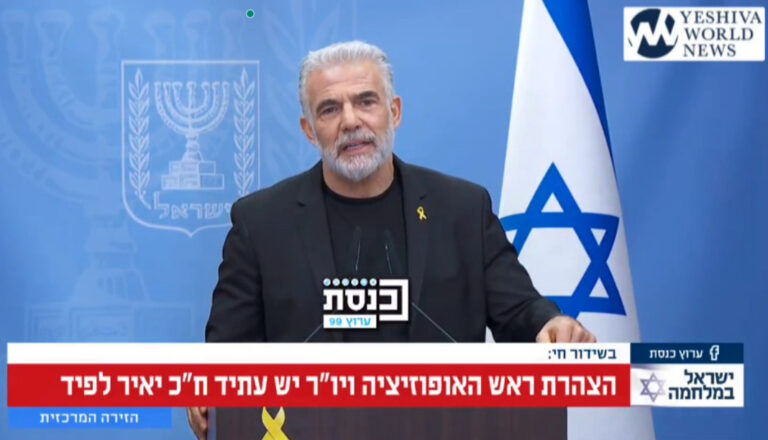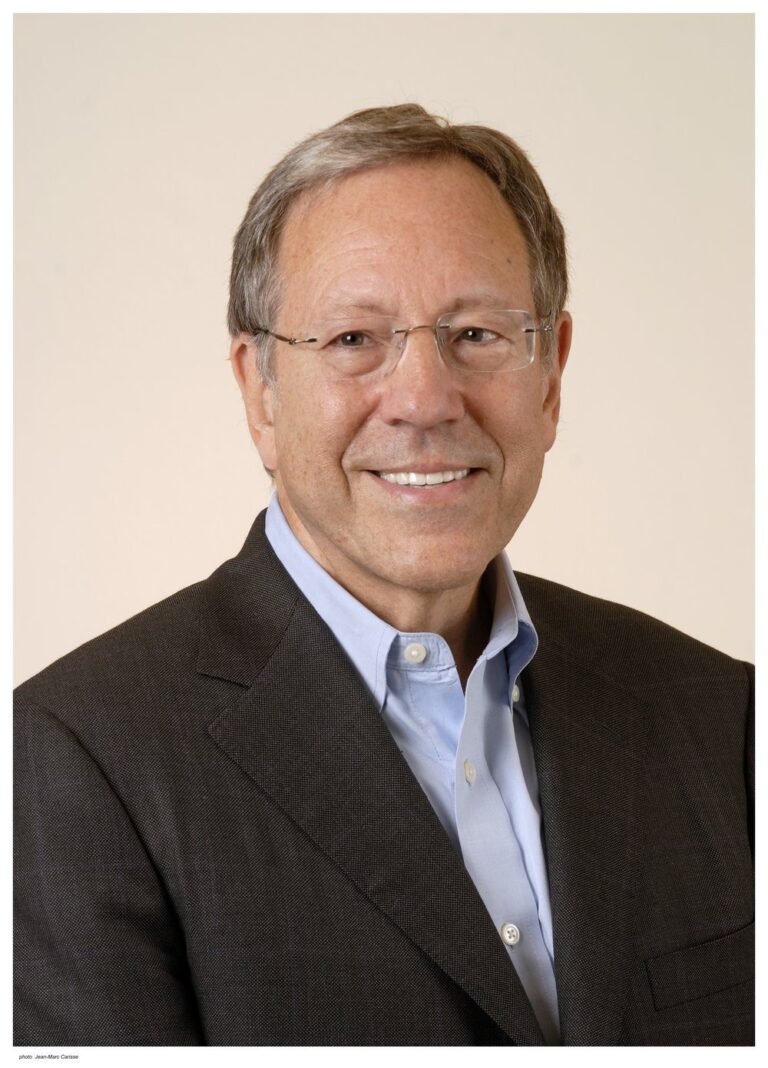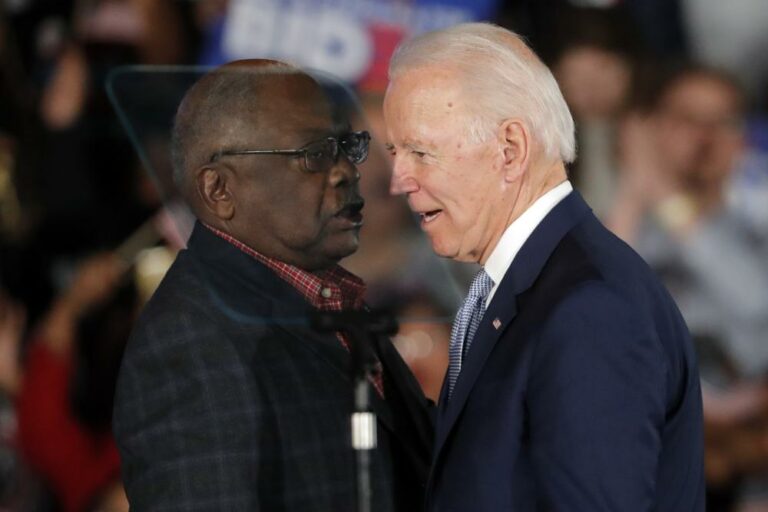The pasuk (4:16) says, ‘the responsibility of Elazar Hakohen was the oil for the Menorah, the incense, the daily Mincha and the anointment oil; the task of the entire Mishkan and everything in it- of the Mishkan and its utensils.’
The Ramban explains that this pasuk is dictating the various duties that Elazar was to carry out. The Ramban then continues and details the specifics of the tasks, and describes just how enormous of an undertaking it was. The ketores included three hundred and sixty five portions and the oil was the full amount of oil needed to light the Menorah, for a complete year. One must ask-how was it even remotely possible for a human to carry such a load of responsibilities? It is true, Ramban explains, that Elazar was just as strong as Yaakov Avinu (and he quotes the pasuk of ‘V’koyvei Hashem yachalifu koach’-those who seek Hashem, HE rejuvenates their strength), but what does that mean?
Clearly there lies a fundamental yesod here: The measure of a person’s abilities is not based on his physical limitations but rather according to his koach haratzoyn and his ruach hachaim, his desire to do something. Despite the fact that a person’s natural ability doesn’t hold the strength to carry such a load, if he has the true desire to do whatever he can for his avodas Hashem, Hashem will give him that supernatural power.
As we know, by kabalas HaTorah Hashem spoke with klal Yisroel ‘face to face’. Asks the Alshich, how was it possible that six hundred thousand people were able to be on such a high level of nevuah, at a time when they weren’t befitting of it?
Alshich answers that when Hashem originally created man He intended that each person would be on the lofty level of ‘panim el panim’. This way, Hashem could show each person the proper direction every step of the way. However, after Adam ate from the eitz hadaas, Hashem instilled within us an ‘inner yetzer hara’. This yetzer hara became a barrier, weakening the relationship between us and Hashem. However, the gemara in avoda zara says that when klal Yisroel was at Har Sinai this ‘barrier’ was removed and we returned to our original state of creation. Now, temporarily restored to level of man prior to Adams sin, we were naturally, without any nevuah, able to correspond with Hashem on the level of panim el panim.
However, Ohr HaChaim Hakadosh disagrees with the Alshich and says that this ‘barrier’ was lifted only after Hashem began speaking with klal Yisroel, as a result of them hearing His holy words! If this is so, we are back to our original question. How did klal Yisroel ascend to the level of nevuah necessary to hear the words of Hashem in the first place?!
Rav Chaim Kamil, zt”l offers an answer based upon what we mentioned earlier. It is true, that on their own klal Yisroel was absolutely incapable of reaching the proper level of nevuah at that point. However, they displayed such an incredible desire to be on that level, that Hashem elevated them to the level they so desperately wanted to reach. For Hashem never expects a person to exceed the boundaries of his limitations. All He asks is that we express the desire to do so. Klal Yisoel desired to see Hashem so much that they were actually elevated to that level of nevuah.
Where do we see this from?
We know that as klal Yisroel stood under Har Sinai they cried out naaseh before nishma. Rashi in parshas Yisro says that Moshe said to Hashem ‘klal yisroel wants to hear the dvar Hashem, not from a shaliach but from you yourself.’ Rashi continues and says that bnei Yisroel had a complaint. They said ‘we want to see our king.’ This was a plea demonstrating their will to be on that lofty madregah that they knew was necessary for them to ‘see’ Hashem. It was through this desire and yearning for Hashem that they were elevated to the level of panim el panim. That although naturally they weren’t worthy, and even though what they pleaded for was seemingly unattainable, through their strong and desperate desire the impossible became history.
This was pshat in Elazar. His desire to serve Hashem with all his abilities gave him the supernatural strength to carry a huge load he would have otherwise not been able to handle. It was due to his שאיפות, his desire, which enabled him to do so.
The powerful lesson we can learn from here seems obvious. With Shavous just a day away, may we all be zoche to awaken our desires to shteig in learning and d’veikus with Hashem-and to iy”h enter the anniversary between us and Hashem on such a high that we will be lifted from our bodys into a מדרגת גבוה of true דביקות ואהבת ה’.
HAVE A GREAT SHABBOS










